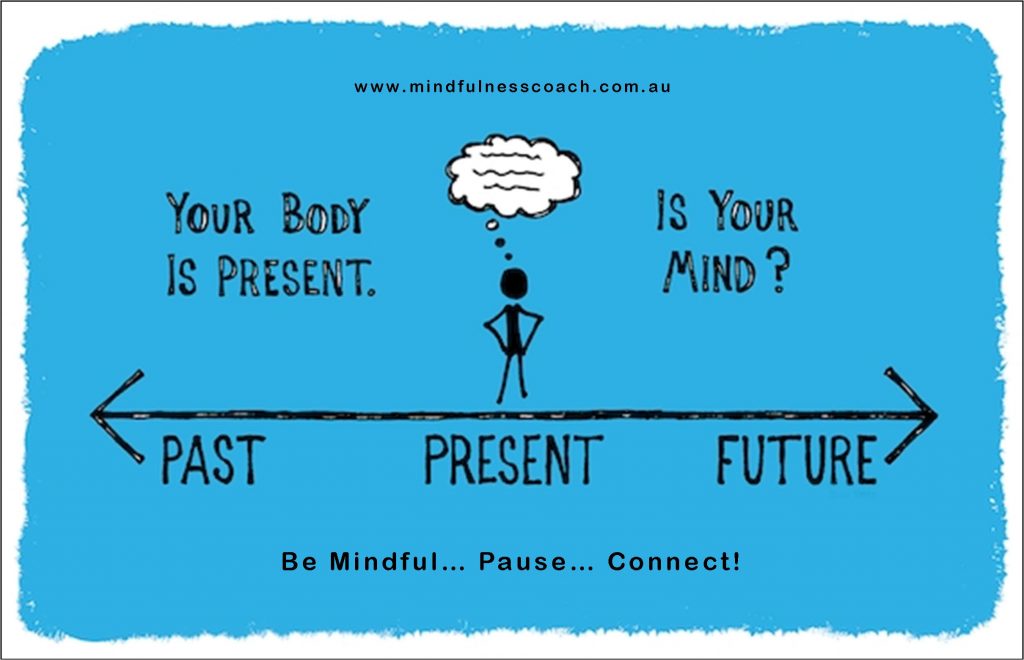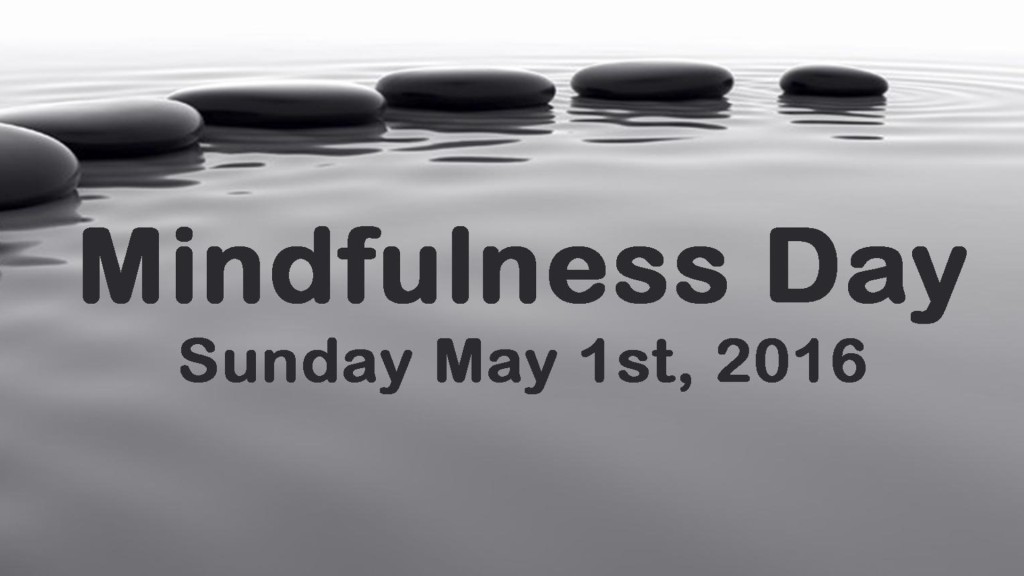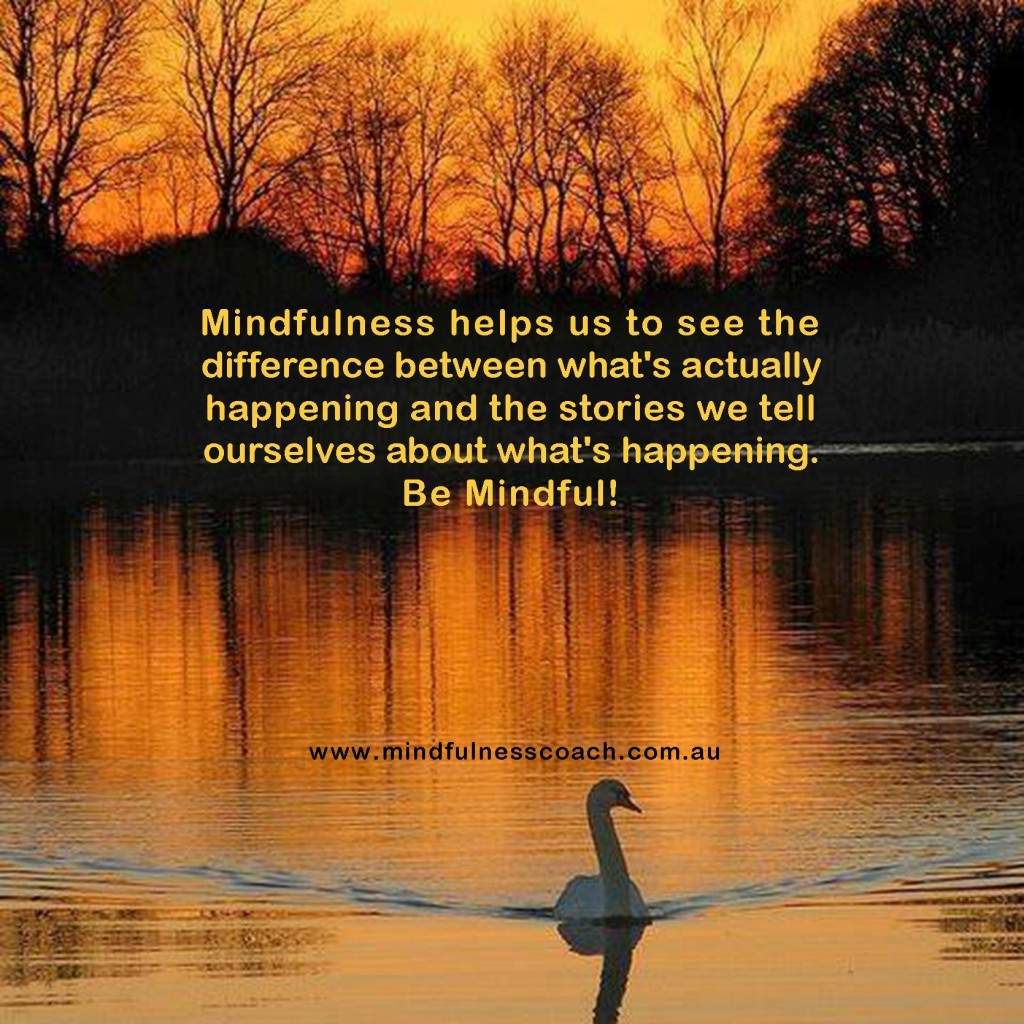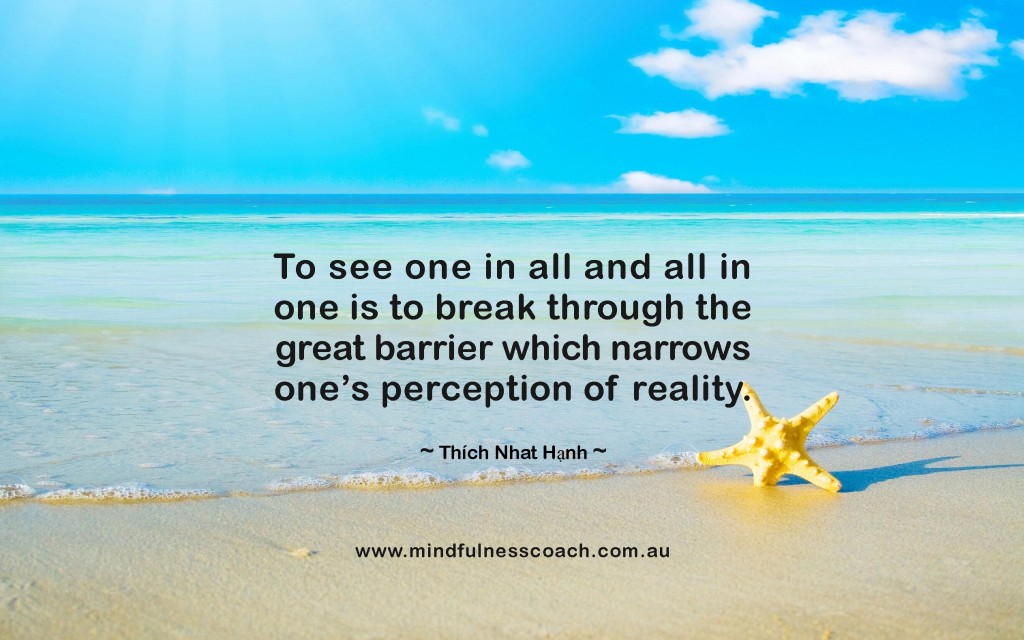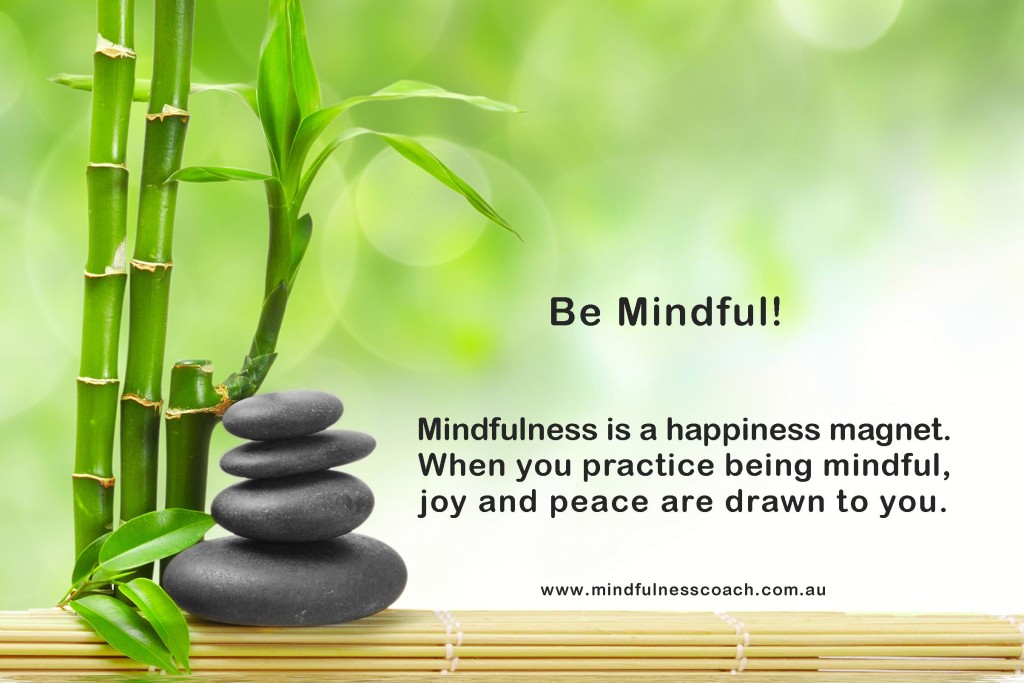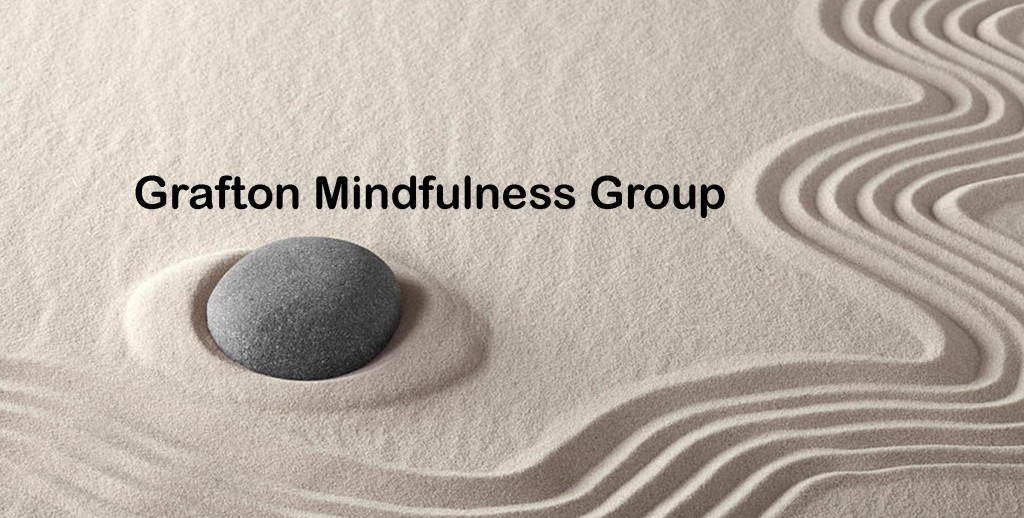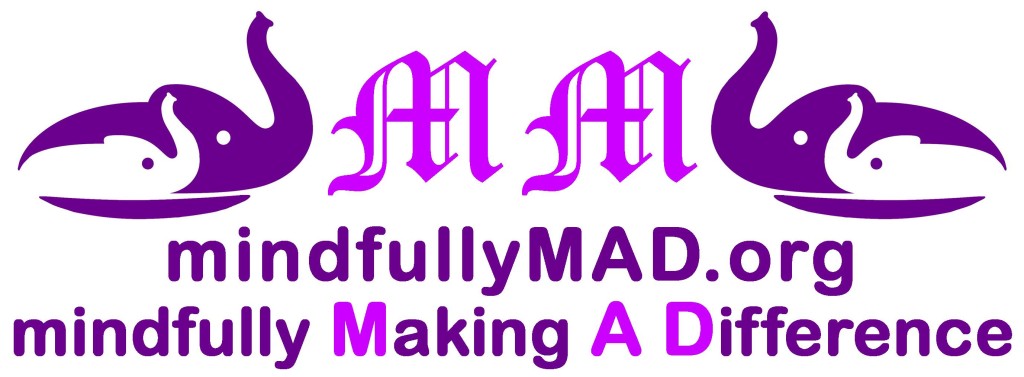
What does it mean to be a mindfulness master? What are the qualities of a mindfulness master? Insightful, kind and loving come to mind but it’s hard to be sure unless we ourselves are masters. I started my mindful practice in 2009 and also started an intensive five year study into the many aspects of mindfulness. In 2014, I wrote a book called Mindful Actions and have witnessed many lives transformed through mindful practice. Here is a list of the most prominent qualities that mindfulness masters aspire to. Keep in mind that there are many stages to go through to become a master and everyone, both men and women alike, are somewhere on their path to mindfulness mastery.
- Loving, Kind and Empathic
Mindfulness masters are loving, kind and empathic. They genuinely care about other people, regardless of whether people care about them in return. Masters know that other people provide them with the spiritual nourishment needed to continue growing. They fully realise that everyone and everything is their teacher. Masters are so full of love that it has no choice but to overflow to all around them.
- Open-Minded and Insightful
Mindfulness masters are open-minded and insightful. They are able to see the world with clarity, without attachment to preconceived ideas about people, places and things. This enables them to observe the world without judgement or jumping to conclusions. Limiting beliefs are replaced with clarity of vision and understanding the bigger picture.
- Inner Strength
Mindfulness masters have great inner strength. They have learned intuitive ways of connecting with people and skillful ways of connecting with source energy within. Masters draw inner strength from our divine creator and understands their connection to life itself. They no longer have a need for the power struggles that most people engage in.
- Presence
Mindfulness masters are fully present with everyone they encounter. They have developed their own mindful practice and are very skilful in maintaining presence and awareness in all their relationships. Masters use all five physical senses and understand the concept of the silent observer or sixth sense. They trust in the intuitive process, not only from people but also from the energy that is connected to life itself. Masters realise that intuition speaks into the silence between their thoughts.
- Leadership
Mindfulness masters lead by example. Having awakened to the point of understanding the nature of suffering, they are committed to helping other people find freedom from suffering. They lead with love and cooperation, rather than fear and control. People follow them because of who they are and what they stand for. Masters value empathy and listening skills very highly as leadership traits.
- Happy
Mindfulness masters are happy and joyful. They have a cheerful disposition and are willing to share their joy with others. Masters understand that happiness isn’t the destination… happiness is the journey! They are always optimistic that challenges have a resolution. Masters are also very proficient at turning negatives into positives.
- Ordinary
Mindfulness masters are unpretentious. They know their place in the universe, and don’t need validation from others. Masters have nothing to prove to anyone, including themselves. They’re humble nature allows them to be kind and gentle, and be open to everyone they encounter.
- Patient and Understanding
Mindfulness masters are patient and understanding. They have learnt to be patient through their own journey. Masters understand that things happen when they are meant to and that the next step comes at the right time. They understand the challenges of creating a rich, full and meaningful life and never condemn people for their missteps or mistakes.
- Peaceful and Easygoing
Mindfulness masters are peaceful and easygoing. This is because they are free of fear and other unwholesome emotions. They know that the human condition reaches beyond physical existence, so they no longer have any fear of the unknown. Masters are free of worry because they understand that inner peace comes from within, and not from external happenings. They also have freedom from suffering because they know that inner peace does not depend on material possessions or abundance.
- Emotionally Stable
Mindfulness masters are emotionally stable because they no longer have an ego that needs validation. They don’t get angry because they are understanding and compassionate toward those who have not yet fully awakened. Masters understand that the actions of others are often not the actions of their authentic self but actions from their egoic nature.
- Mindful of Health
Mindfulness masters are mindful of their health… physical, mental and emotional. They know that the mind, body and spirit must be in harmony in order to maintain balance and vitality. Masters have developed an understanding of physical and mental health and do not depend on others for their wellbeing.
- Committed to Mindful Practice
Mindfulness masters never forget how they achieved mindful mastery. They are very aware that it takes continuous effort to maintain their mindful practice. Above all, masters are mindfully aware of themselves and the world around them. They are curious and always willing to learn from others. Masters can see with great clarity and understand the true nature of their existence. At the same time, they recognise that it takes time to observe, investigate and gain the knowledge necessary to achieve mindfulness mastery.
This is not a comprehensive list of the qualities of mindfulness masters but these are the most prominent. The purpose for highlighting these qualities is to give us a compass to guide us on our mindful journey… a vision of the path that lies ahead. It takes real effort and dedication but it is well worth it. Are you a mindfulness master? Please consider joining the team of mindfulness mentors at mindfullyMAD.org (mindfully Making A Difference) Need a little training to be a mindfulness mentor? Take a look at my certificate course.
Mindfully Yours with Love, Joy and Peace Always! – John



